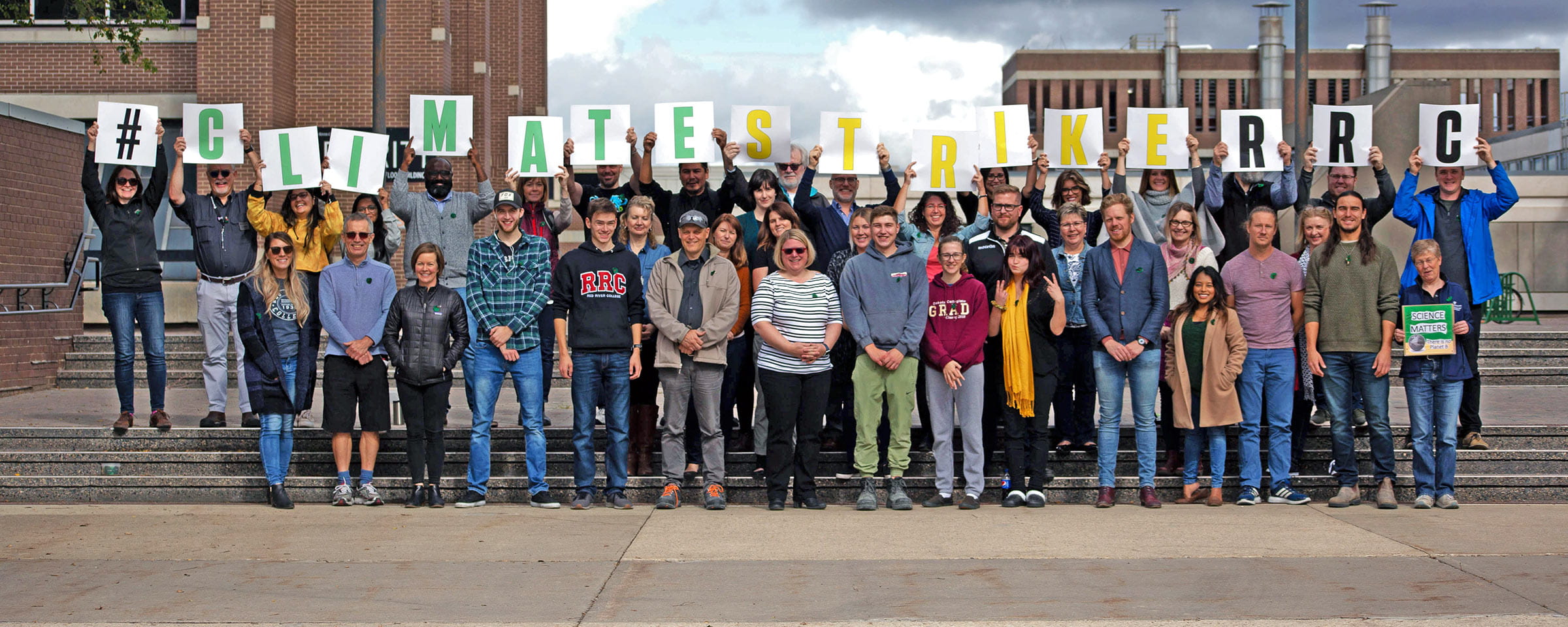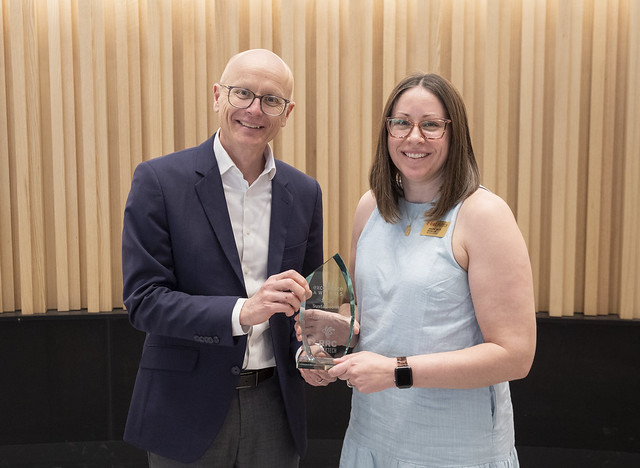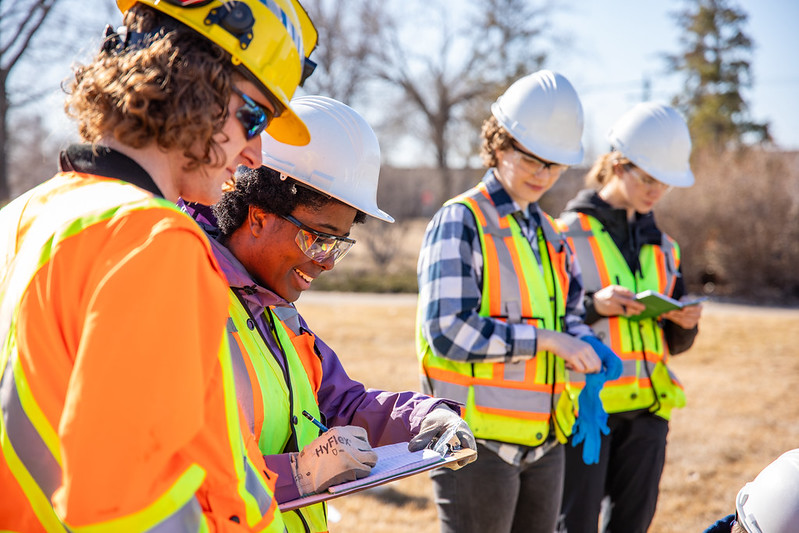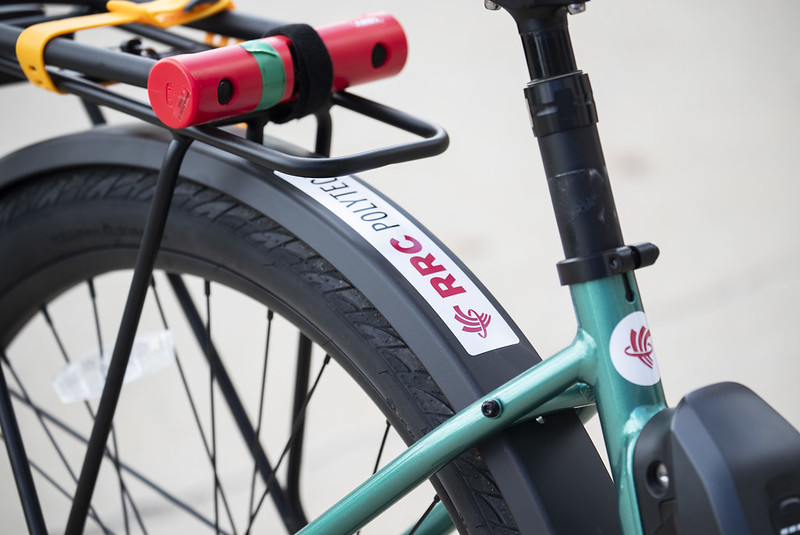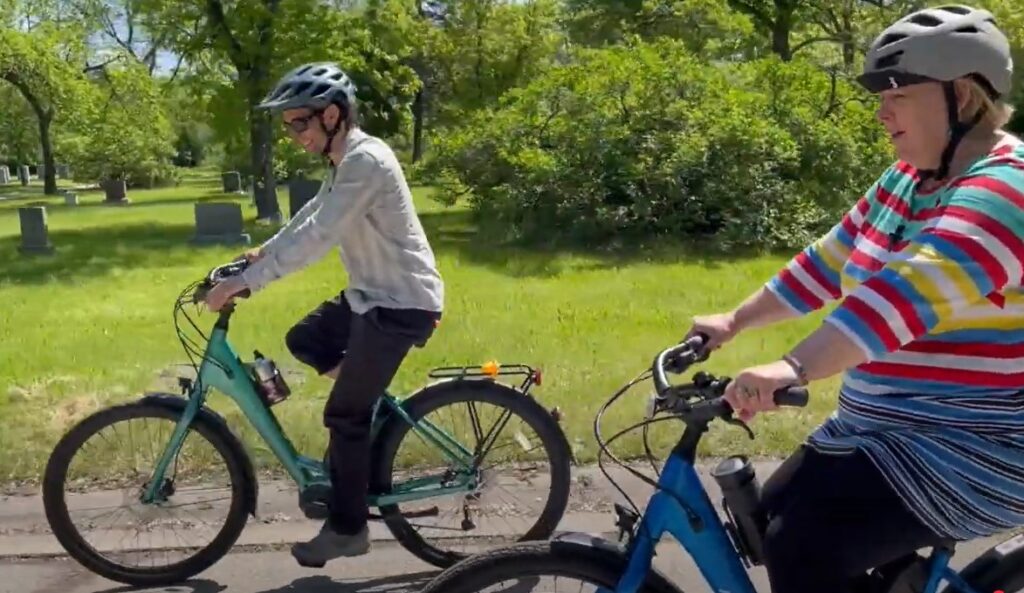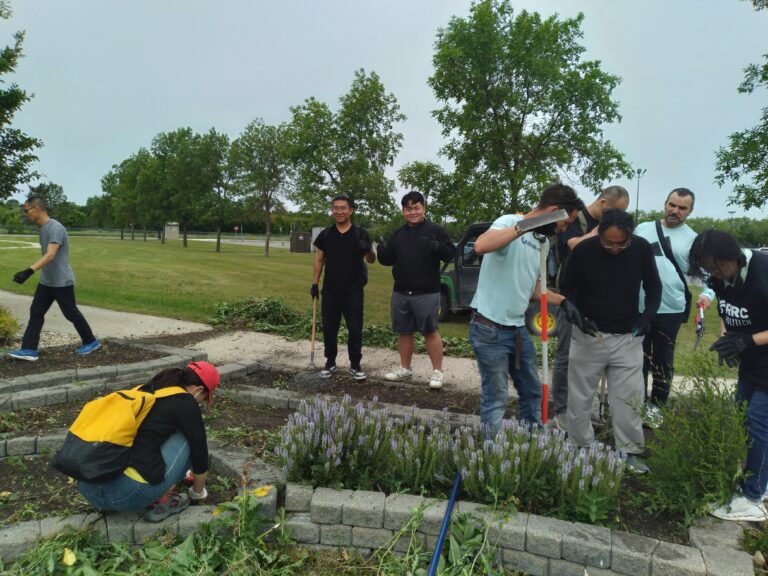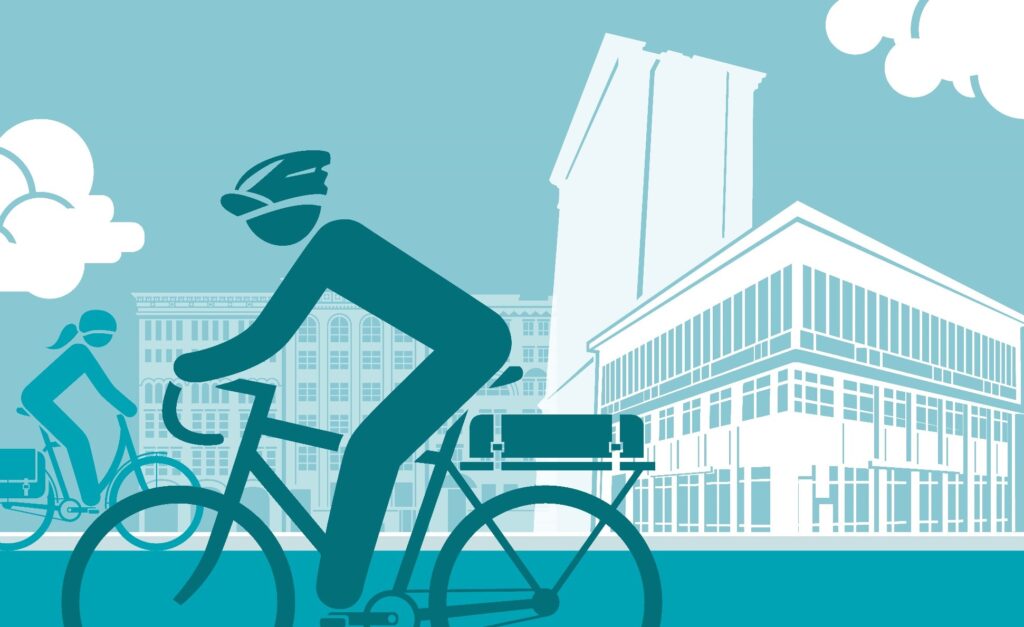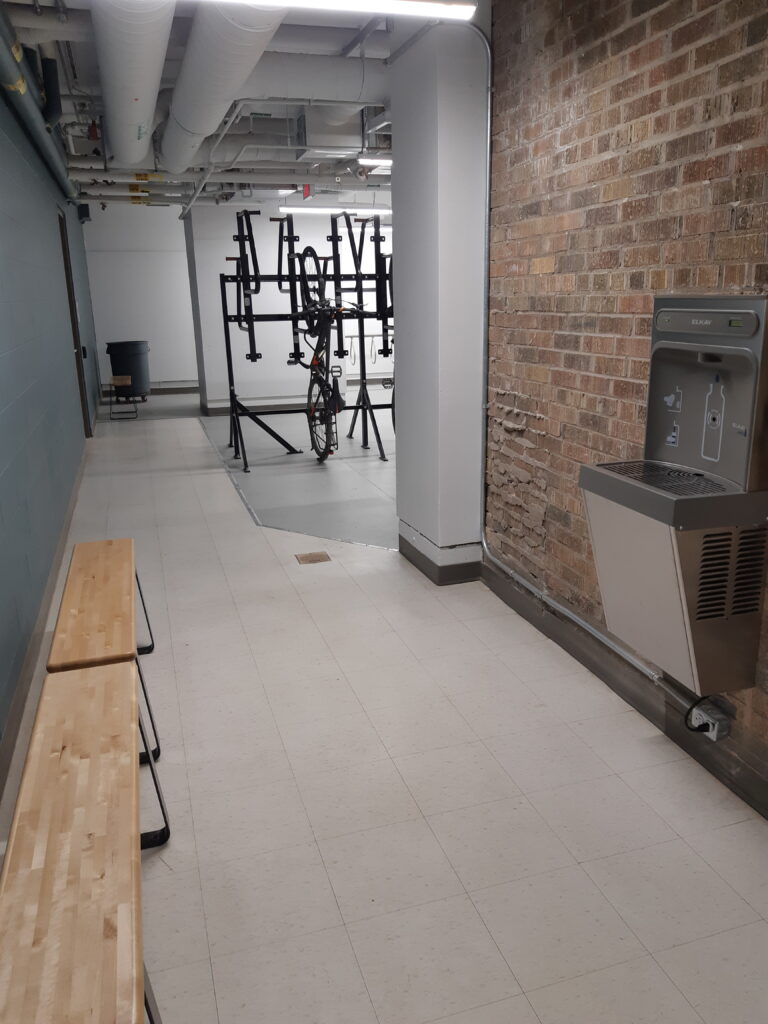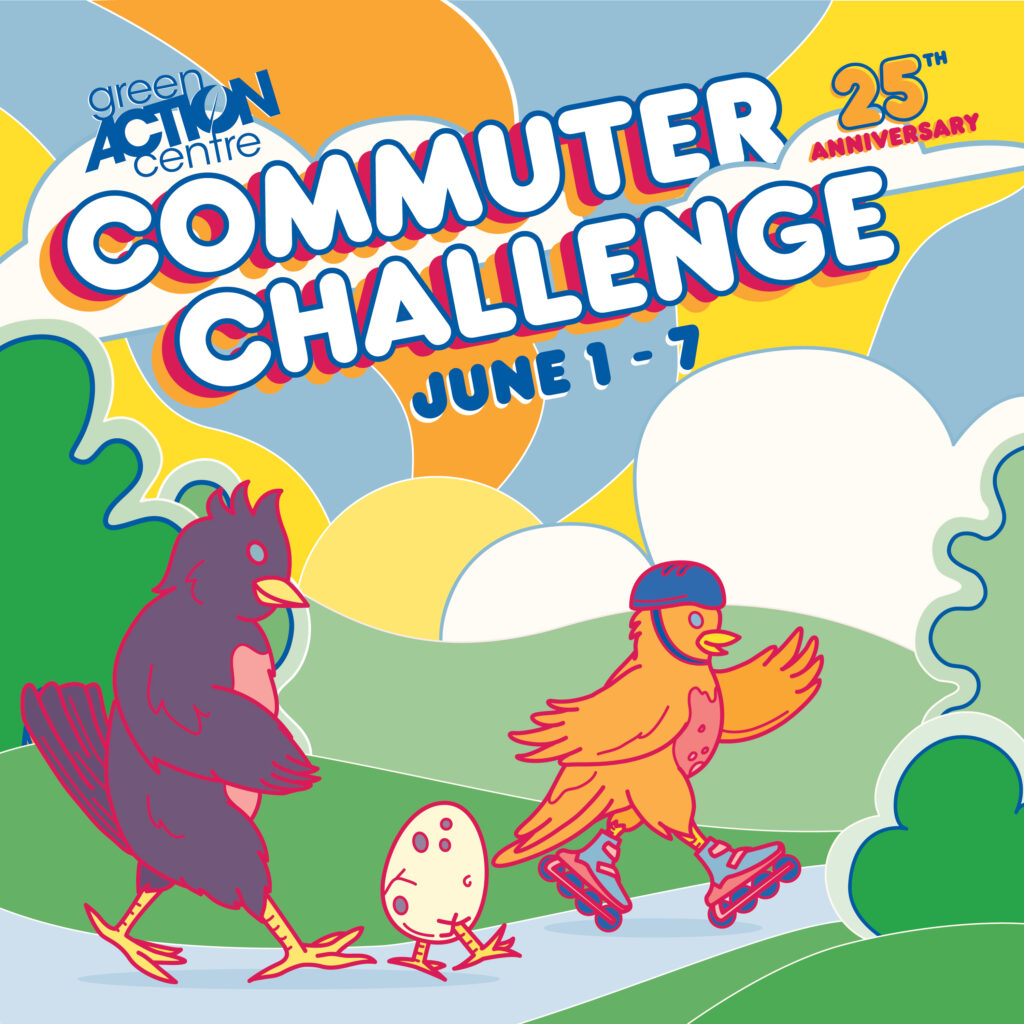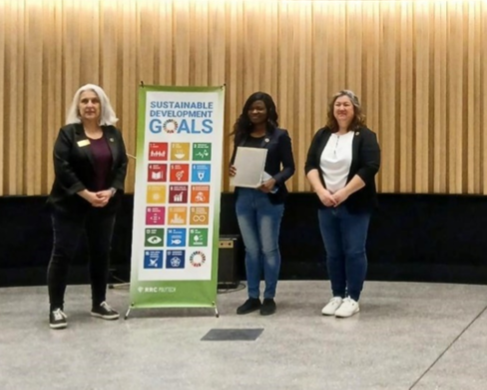Sustainability Efforts at RRC Polytech Achieve a New Gold Standard
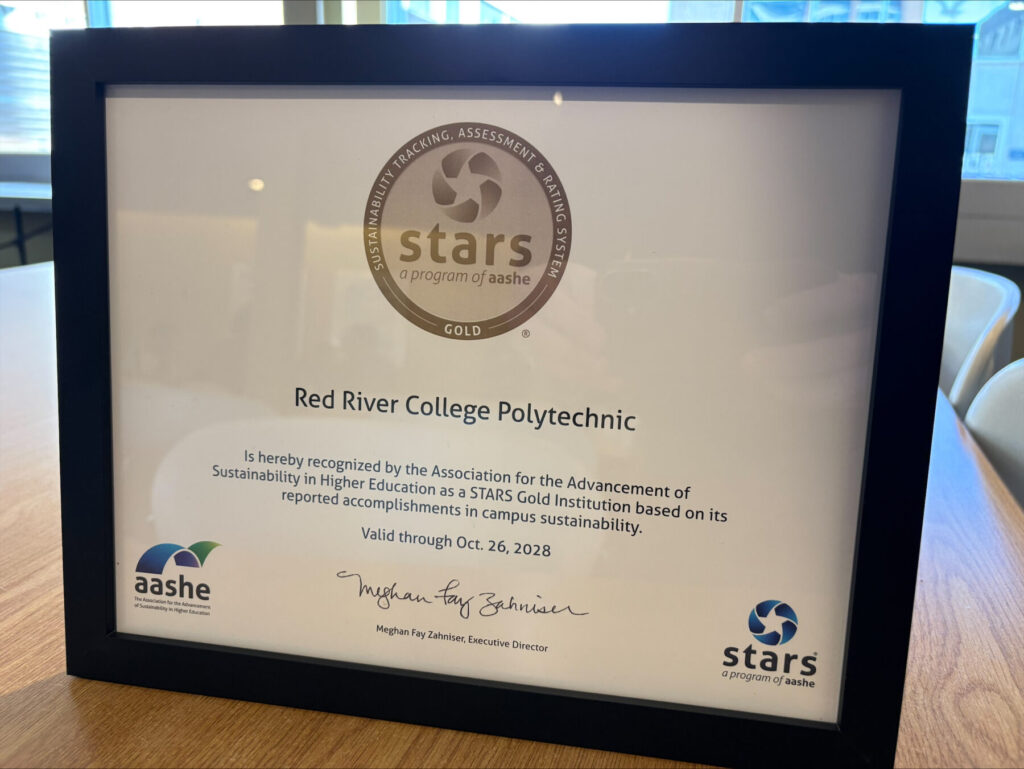
For the first time ever, RRC Polytech has earned a Gold rating in the Sustainability Tracking, Assessment & Rating System known as STARS. Developed by the Association for the Advancement of Sustainability in Higher Education (AASHE), STARS is the most widely recognized framework for measuring sustainability performance in post-secondary institutions, with over 1,200 participants across 52 countries.
Improving by more than 20 points in the comprehensive scoring system from the previous submission, Gold STARS status acknowledges RRC Polytech’s deep commitment to sustainability across academics, operations, engagement, planning, and innovation. It’s a testament to the Polytech’s collaborative, campus-wide efforts to embed sustainability into every facet of its mission.
“This achievement represents much more than just a framed certificate to be proud of – it’s a reflection of the collective effort across our campuses to build a better tomorrow and the real, positive impact we’re making in our community,” said Giselle Martel, Vice President, Finance and Administration at RRC Polytech. “From tangible results, like our ongoing efforts to reduce water and energy use in our buildings and applied research partnerships in clean energy technologies to the long-term investment to embed equity, diversity, inclusion and accessibility into our daily actions, the sustainability principles we champion today will shape the innovators and decision-makers of tomorrow.”
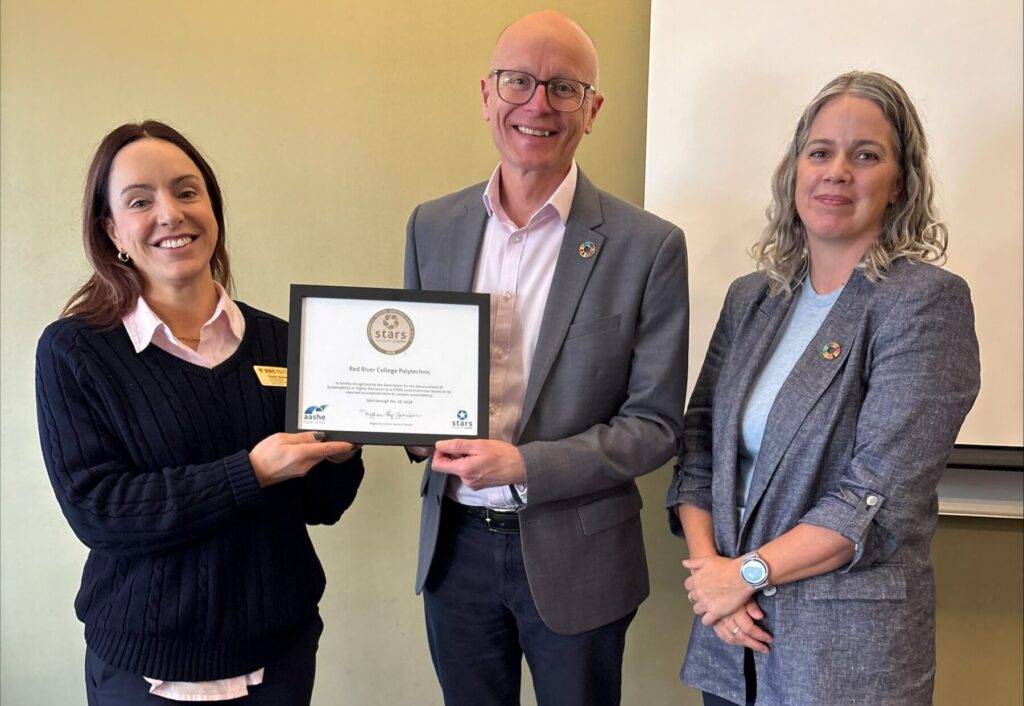
Submitted every three years, the STARS ratings motivate organizations to assess how they approach the environmental, social and economic dimensions of sustainability and develop methods and programs to address the global challenges that we’re all facing. RRC Polytech was the first post-secondary in Manitoba to sign the SDG Accord and commit to pursuing and delivering the United Nations 17 Sustainable Development Goals – measuring and reporting progress is critical to success.
“We have a shared responsibility to take better care of our planet, people, and community and every effort makes a difference,” said Stephanie Fulford, Sustainability Specialist, Environmental Stewardship and Campus Renewal at RRC Polytech. “Opportunities to do more in both our personal and professional lives are everywhere; we just need to look for them and decide we’re going to lead by example and do something about it.”
The Gold rating is a tremendous milestone but also serves as a starting point for new strategies and practices that can be adopted to ensure a cleaner, greener, and more prosperous future for everyone.
“As an organization committed to innovation and excellence, we’re not only going to work hard to maintain our top-performing areas but to improve our scores in every area,” said Fulford. “We’re excited to continue leading with purpose and driving even greater impact in the years ahead by learning from others, exploring new ideas, and finding creative ways to embed and advance sustainability in everything we do.”
